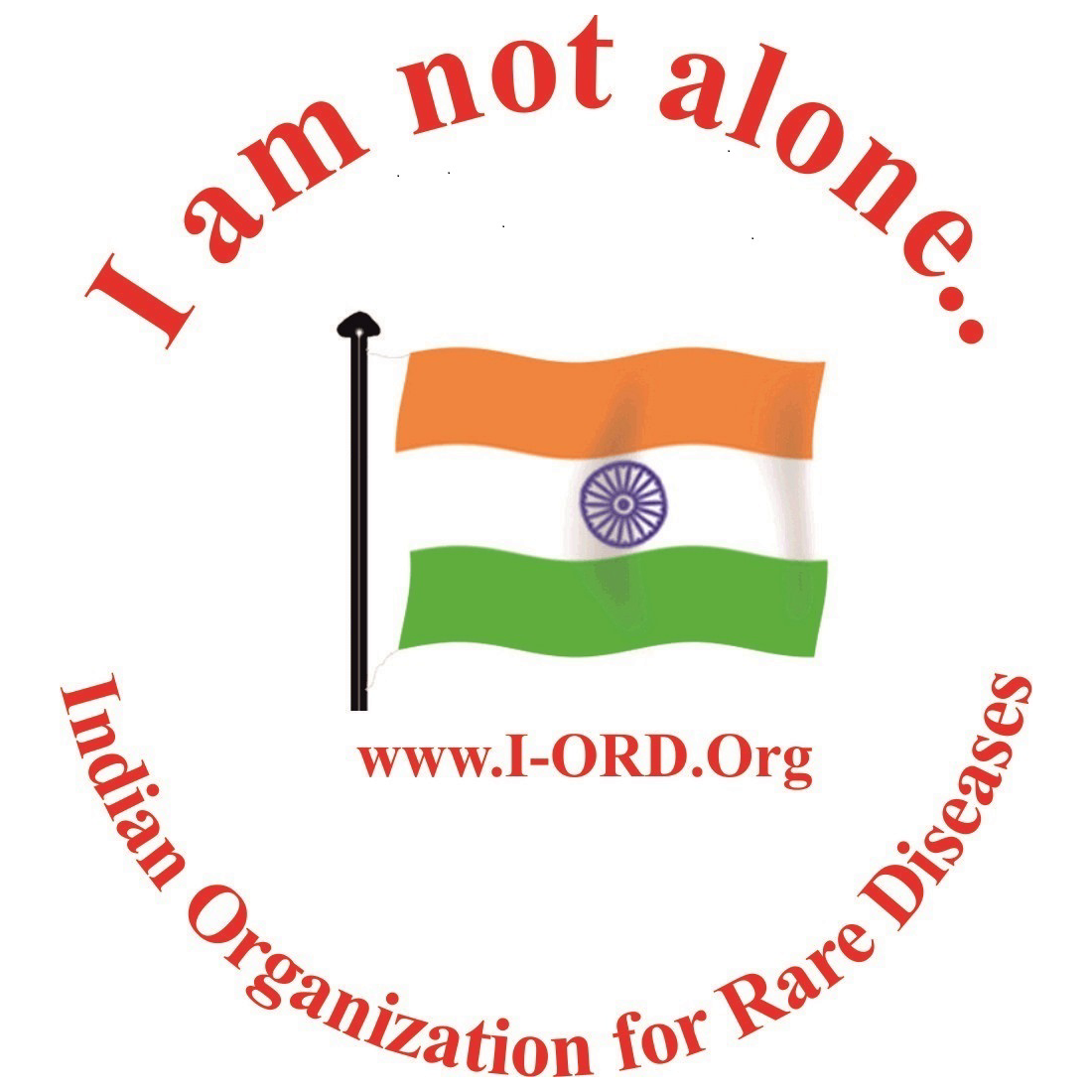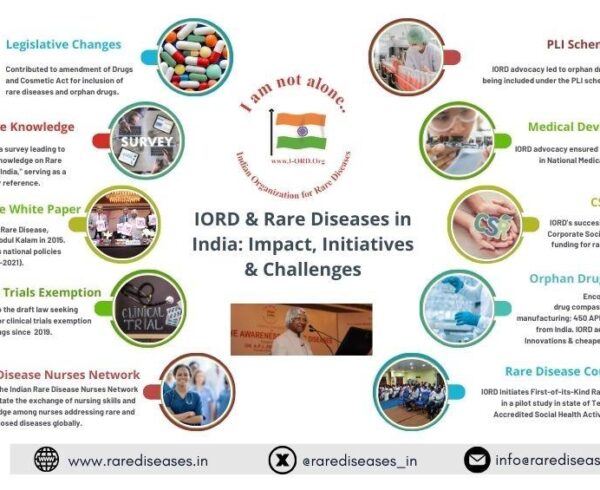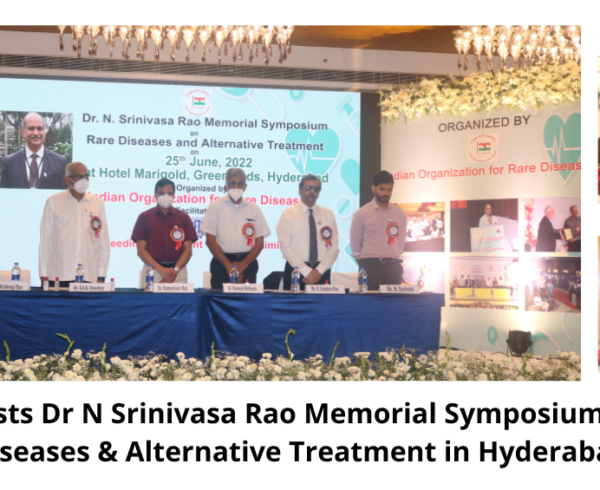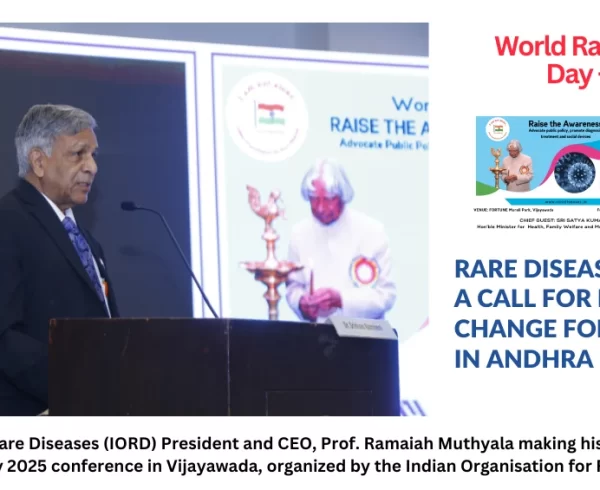Nine-month-old Advik Pravin Deshmukh from Maharashtra has been battling Propionic Acidemia – an ultra-rare disorder. It leaves one with a serious and life-threatening inherited metabolic disorder.
For Advik Pravin, the diagnosis of this rare metabolic disease can be termed to have happened on time as there is more likelihood of this ultra-rare disease not getting diagnosed.
Research data shows that the detection rates of this rare metabolic disorder stand at a very low level with Asia-Pacific region having the lowest rate of 0.29, according to a study.
For Europe, North America and the Middle East and North Africa (MENA) regions, the detection rate for Propionic Acidemia stand at 0.33; 0.33 and 4.24 respectively.
What happens in Propionic acidemia?
This rare metabolic disorder leads to accumulation of toxic metabolites such as propionic acid and 2-methylcitrate due to deficiency of the mitochondrial enzyme propionyl-coenzyme A (CoA) carboxylase.
Advik Pravin Deshmukh: A Case Study
Born in the month of August, 2021, Advik Pravin Deshmukh had a normal birth weighing at 2.8 kg. “Everything seemed normal for Advik till he was six months. He developed normal growth and was able to rollover, had neck control and was able to sit with support,” Pravin Deshmukh, father of Advik, told IORD.
Eventually, the parents noticed changes as he could not reach the following normal milestones: smiling, neck control, rollover, following and grabbing objects. During this period, he remained constipated (no stool passed for 10-12 days) and had increased irritability, overall was very lethargic and was sleepy for most of day.
It was soon followed by his first metabolic crisis at age of 7 months. On 5th April 2022, babu Advik stopped eating food and was excessively crying, stopped responding to parents, refused breast milk and his other drinks. He was admitted to a super-speciality hospital with complaints of heavy breathing.
Rare Disease Diagnosis: Advik Pravin Deshmukh
In the case of Advik, his diagnosis of Propionic acidemia came through a neurologist following a referral to the superspecialist doctor.
Medical Management:
With the current level of research & drug development available for treatment and management of Propionic acidemia, there are no approved therapies as of now. The only option is symptomatic medical management of the rare disease through dietary management with supplements.
Scientific literature on Propionic acidemia recommends “carnitine supplementation, antibiotics such as metronidazole to reduce propionate production by intestinal bacteria, and ammonia scavengers such as carglumic acid to control episodes of hyperammonemia” for its medical management.
Liver transplant is also seen as a viable option for severely affected patients with this rare disease.
In the case of Advik, his medical management of the condition is being done through special formula food with modified amino acid) 8 grams x 5 times a day.
“His growth & development is now improving post the metabolic crisis. He now reacts to sound and recognize family members. He smiles too now, and while playing, he has started holding objects. However, still he hasn’t got back his neck control,” his father informed IORD.
Scientific Literature: Prognosis
The prognosis of Propionic acidemia is poor, according to available scientific literature though case to case may differ based on different factors.
Priopionic acidemia can result in the following manifestations:
- growth impairment
- movement disorders
- seizures
- basal ganglia lesions
- pancreatitis
- cardiomyopathy
- intellectual disability
- speech delay






